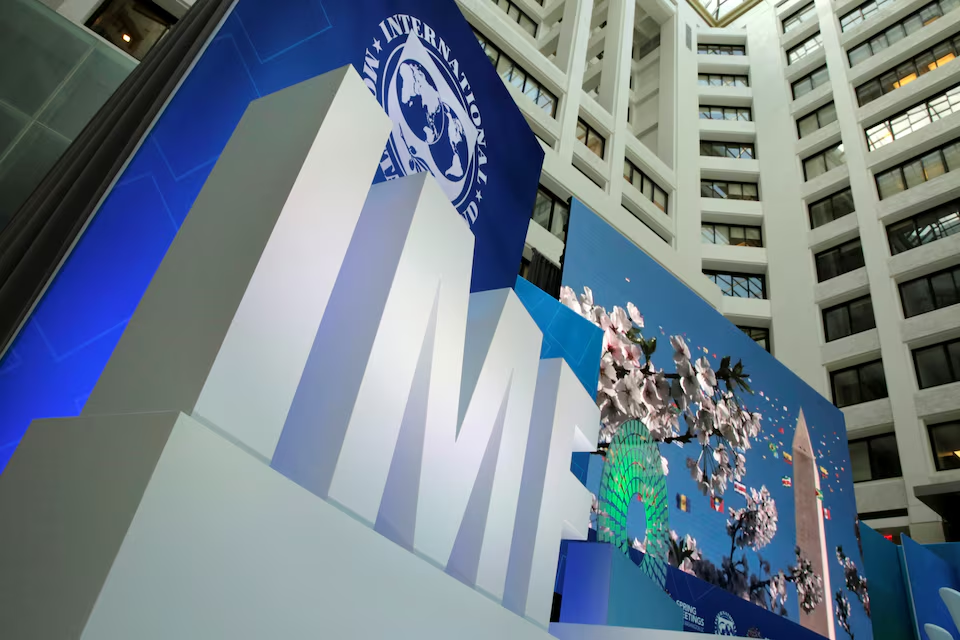
The federal government has failed to create a portal to display the assets of ministers, lawmakers as well as bureaucrats publicly as the International Monetary Fund (IMF) reiterated this demand.
In an attempt to eliminate corruption in Pakistan, the Washington-based lender has proposed taking stern anti-graft measures in the next budget and strictly demanded yet again that the assets of public office-holders should be made public.
The IMF has expressed its grave concern over the federal government’s failure to create a portal as it was bound by an agreement to display the assets of ministers, lawmakers, and bureaucrats through it.
According to sources, the government had prepared a pro forma for its officers on the instructions of the global lender.
Banks are obliged to take information about assets from government officials while opening their new accounts.
Earlier, the Federal Board of Revenue had started publishing a directory of taxpayers including lawmakers but the step was later discontinued.
A day earlier, the government approved the next fiscal year’s economic growth target at 3.6% and an overambitious inflation target of 12% -- meaning Pakistan will witness the third consecutive year of stagflation.
According to the discussions that took place in the meeting of the Annual Plan Coordination Committee (APCC), even the achievements of a relatively low economic growth and an overambitious inflation target will depend on political stability, currency market steadiness, as well as the timely signing of a new bailout package.
The APCC approved the annual plan for fiscal year 2024-25, underlining that the rupee and foreign exchange reserves would come under pressure in the new fiscal year due to “scheduled external debt repayments”.
The committee– the body mandated to approve the macroeconomic framework – recommended 3.6% gross domestic product and 12% inflation targets for the final endorsement of the National Economic Council.
According to Dr Hafiz A Pasha, a former finance minister, the average inflation in the next fiscal year may remain in the range of 19% to 20% because of the taxation measures and the exchange rate depreciation that the IMF has projected.
During a recent fishing mission to Pakistan, the IMF did not allow the central bank to make any substantial reduction in the policy rate.

1717421843-0/Doja-Cat-(1)1717421843-0-405x300.webp)




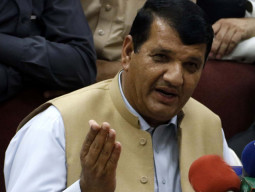
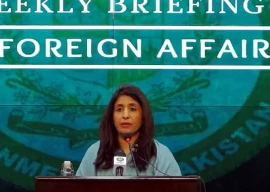


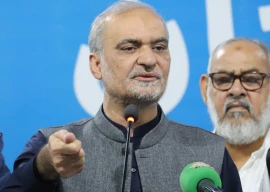

1715142871-0/imfsalary-(1)1715142871-0-270x192.webp)

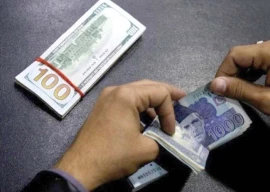

1727268465-0/Untitled-design-(42)1727268465-0-270x192.webp)




COMMENTS
Comments are moderated and generally will be posted if they are on-topic and not abusive.
For more information, please see our Comments FAQ